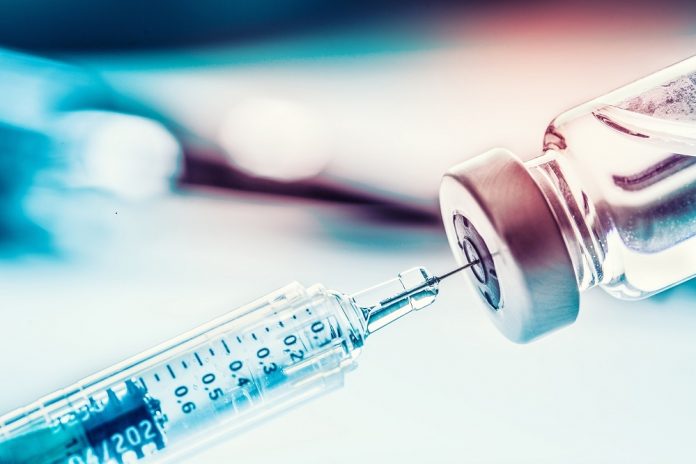By Dr. Nell Thomas
Colin Powell died this week from complications of COVID-19. The former U.S. secretary of state had a type of blood cancer called multiple myeloma. This 84-year-old had two COVID vaccines and was about to get his third.
He was eligible for a third shot because his cancer made his immune system less able to mount antibodies and build a strong defense against the virus. He was also eight months from his second vaccine.
A weaker or compromised immune system is both unable to mount a strong immune reaction and less likely to keep immunity. That’s why annual influenza vaccines offer a “high dose” version for people over 65 years.
As we age, our immune systems cannot build as strong an army of antibodies as can a young person’s. In children and babies, a tiny dose of a vaccine turns on a highly robust immune response, which is why vaccinating babies is the ideal time to get the best immunity to diseases. Scientists and health officials are gathering and analyzing data to determine how long we should wait between COVID vaccines and who is most likely to need earlier boosters. That people with suppressed immune systems would need sooner boosters has been certain. What is not certain is how long to wait.
One recent study analyzing Pfizer vaccines suggests antibody levels wane and disappear after seven months. This small study analyzed blood samples from 46 healthy young or middle-aged adults after receiving two doses, and then six months after the second dose. The initial high levels of antibodies dropped ten-fold by seven months.
In half the adults neutralizing antibodies were undetectable six months after the second dose, particularly against Delta, Beta, and Mu. Neutralizing antibodies are only part of the body’s immune defense against the virus but are still critical in protecting against infection.
The authors recommend administering a booster around six to seven months from initial dose. In contrast, a study in Italy showed that seven months after the second dose, there is no reduction in the efficacy of mRNA vaccines in the general population, with a slight decline seen for specific populations.
This report by the health ministry examined data from more than 29 million people who received two doses of an mRNA vaccine. In the general population effectiveness against infection after seven months was 89 per cent.
Protection from hospitalization and death at six months from the second dose was 96 per cent and 99 per cent respectively. However, in Italy mask rules are very strict and there are stringent behavioural rules, contributing to low infection rates.
Also, individuals with compromised immune systems lost protection much faster, measurably lower after 28 days from the second dose. Another study by Pfizer published in the Lancet looked at 3.4 million fully vaccinated people and concluded that the vaccine remains highly effective at preventing nearly all virus-linked hospitalizations for “at least” six months, but protection from mild or moderate infection falls to less than 50 per cent.
Overall, the Pfizer vaccine remained 90 per cent effective at preventing hospitalizations for “all variants,” including the delta, however protection against infection waned significantly over time, falling from 88 per cent within one month after receiving the second dose of the Pfizer vaccine to 47 per cent after six months.
They concluded that “breakthrough infection” occurring in vaccinated people is because of waning immunity and not because the new variants are escaping protection. In Ontario third shots are now being given to people: (1) with solid tumor transplants; (2) receiving chemotherapy; (3) receiving immune compromising treatment; (4) residents of LTC or seniors in congregate living settings. (5) Advanced HIV or AIDS or other primary immunodeficiency. Details in this link: COVID-19 Vaccine Third Dose Recommendations (gov.on.ca)




